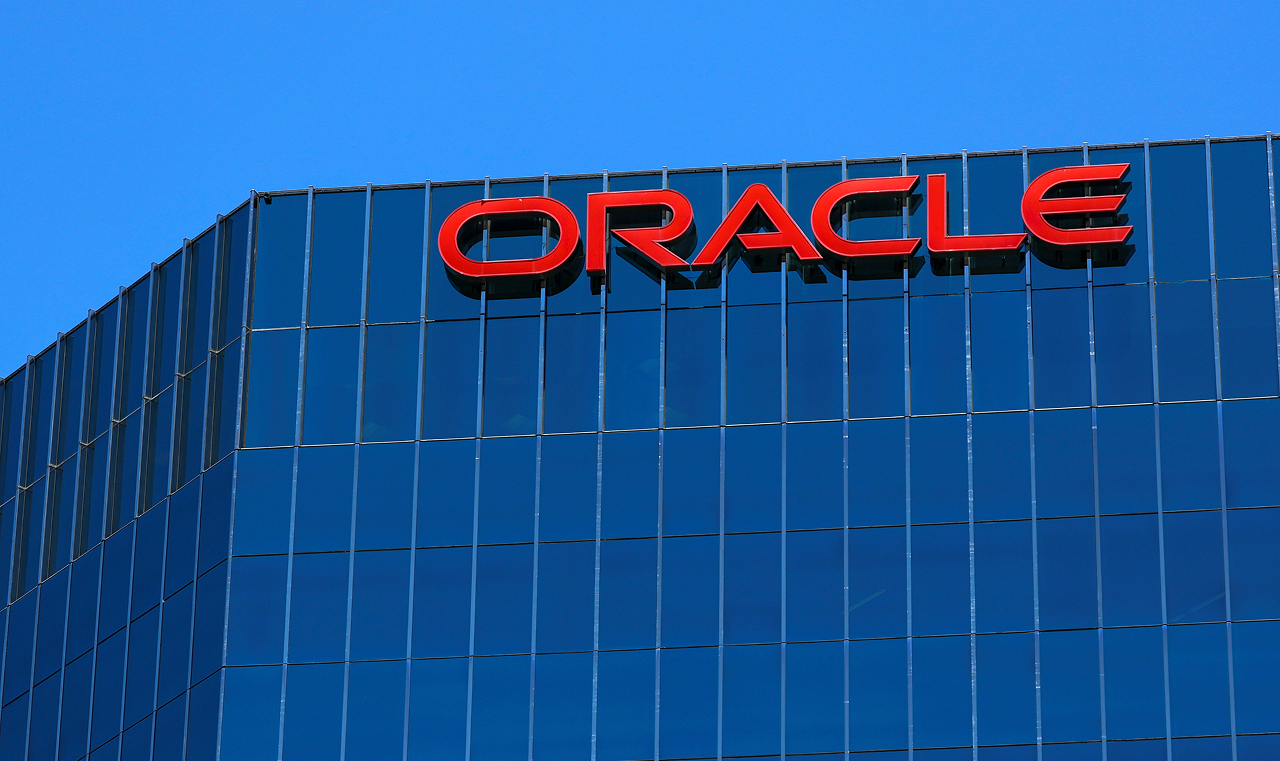Tesla, Inc.
A breach in Tesla's systems has compromised the personal data of more than 2.5 million customers. The exposed information includes sensitive full names, email addresses, and vehicle identification numbers (VINs), raising concerns about potential identity theft.

What Was Exposed?
- Full names and email addresses of Tesla customers.
- Vehicle Identification Numbers (VINs) and related service histories.
- Personalized vehicle configuration details, such as model type, color, and options selected during purchase.
- Service records, which contain maintenance and repair information for Tesla vehicles.
Although no payment card or financial information was reported as compromised, the nature of the data exposed could be used for identity theft, phishing attempts, or even targeted attacks on customers based on their specific vehicle details.
Affected Individuals
The breach impacted Tesla customers who have purchased or serviced a vehicle with the company since 2022. The data stolen covers a broad range of customers, including those who have made service appointments or interacted with Tesla's support teams for warranty or vehicle issues. Even former customers who may have sold or returned their vehicles in the past few years could have had their data exposed.
Tesla has confirmed that the breach was the result of an insider attack, where a former employee used their prior access to Tesla’s systems to unlawfully extract customer data. This breach is particularly alarming because it highlights a growing trend of “insider threats,” where employees either current or former are able to exploit their access to sensitive information. Tesla’s cybersecurity team became aware of the issue when unusual access patterns were flagged in the company’s monitoring systems.
Tesla has stated that it is working with law enforcement and cybersecurity experts to investigate the breach and ensure that any potential damages are minimized.
Mitigating Steps For Affected
If you are a Tesla owner or have interacted with the company in the past few years, consider taking the following steps to protect your information:
- Watch for phishing attempts that may use your email address or vehicle information. Hackers may try to impersonate Tesla customer service or other trusted entities.
- Monitor your vehicle’s service records and other related accounts for any unusual activity or unauthorized service requests.
- Enable two-factor authentication for your Tesla account and any other accounts related to your vehicle, including payment platforms or cloud-based services linked to Tesla.
- Stay alert for potential scams targeting Tesla owners. The stolen VINs, in particular, may be used for fraudulent vehicle purchases or fake warranty claims.
The Bigger Picture: Insider Threats in the Tech Industry
This breach shines a spotlight on the growing risks posed by insider threats individuals within an organization who may misuse their access to company systems for personal gain or to cause harm. While many companies focus on securing external cyber-attacks, this incident serves as a reminder that businesses must also implement stricter controls and monitoring systems to detect suspicious activity from insiders.
For tech companies like Tesla, which deal with cutting-edge technology and vast amounts of consumer data, strong internal controls and constant vigilance against insider threats are crucial to protect both their customers and their reputation.
While the breach at Tesla is concerning, it’s a timely reminder that the cybersecurity landscape is ever-evolving. The growing reliance on data and technology means that companies need to take a multi-faceted approach to cybersecurity, safeguarding not only against external threats but also ensuring that internal risks are managed properly.
For customers, staying vigilant against phishing and identity theft remains essential in the aftermath of such incidents. In an era where data is the new currency, protecting personal information requires both individual responsibility and a company’s ongoing commitment to robust cybersecurity practices.
















